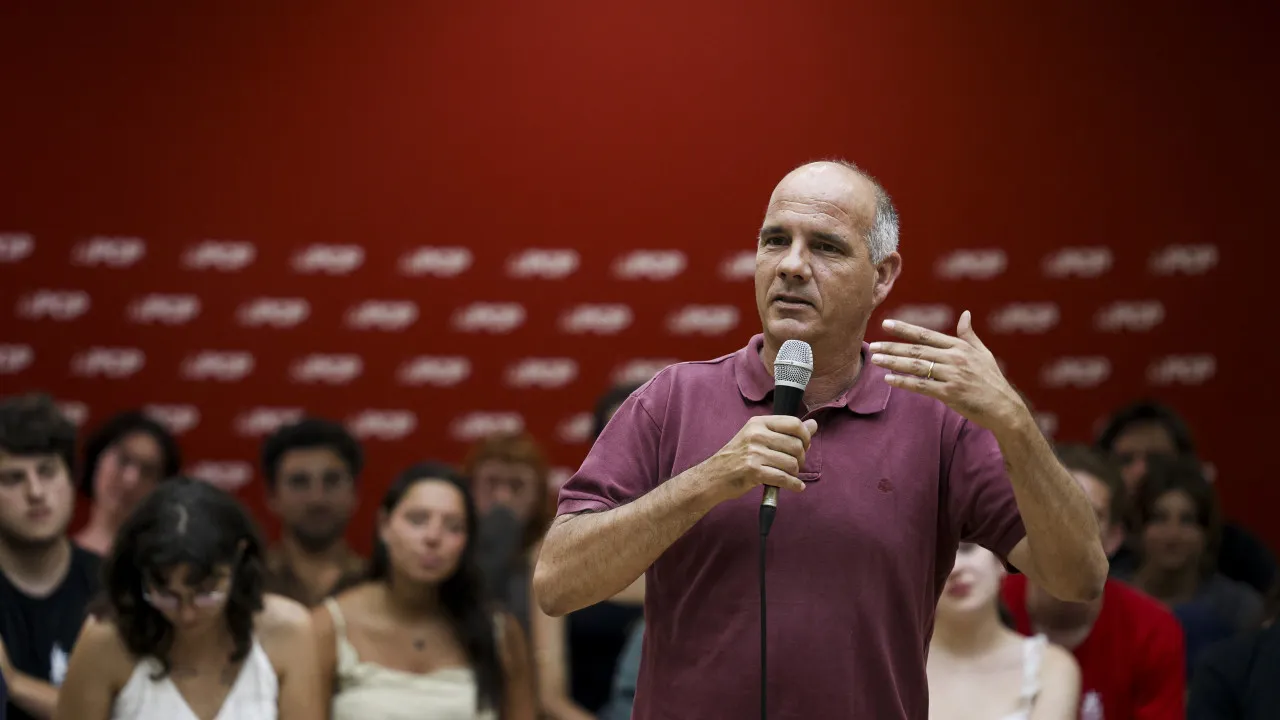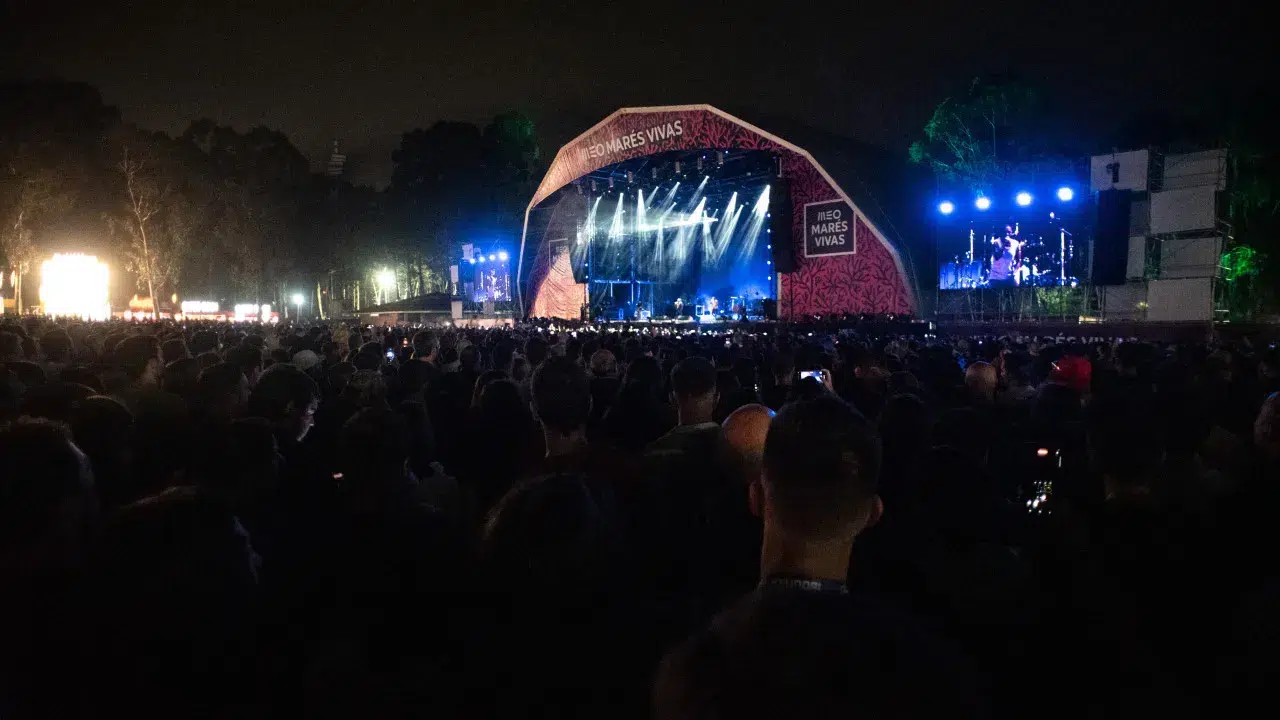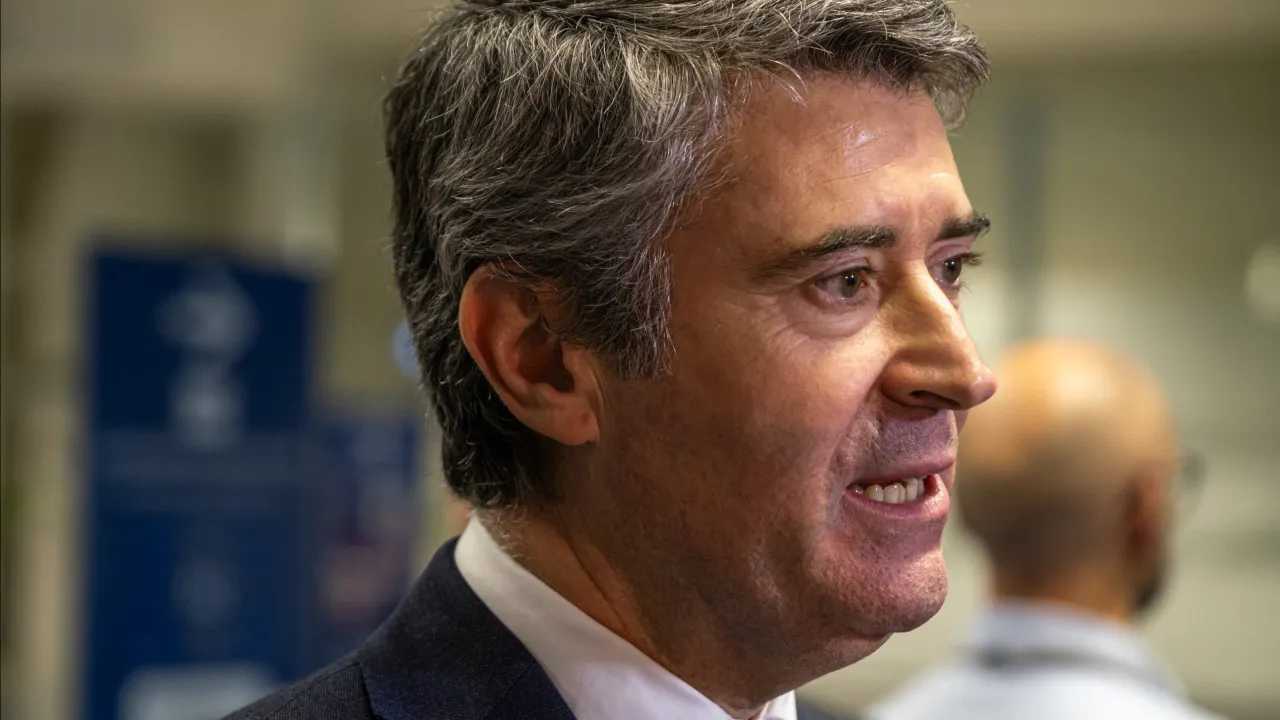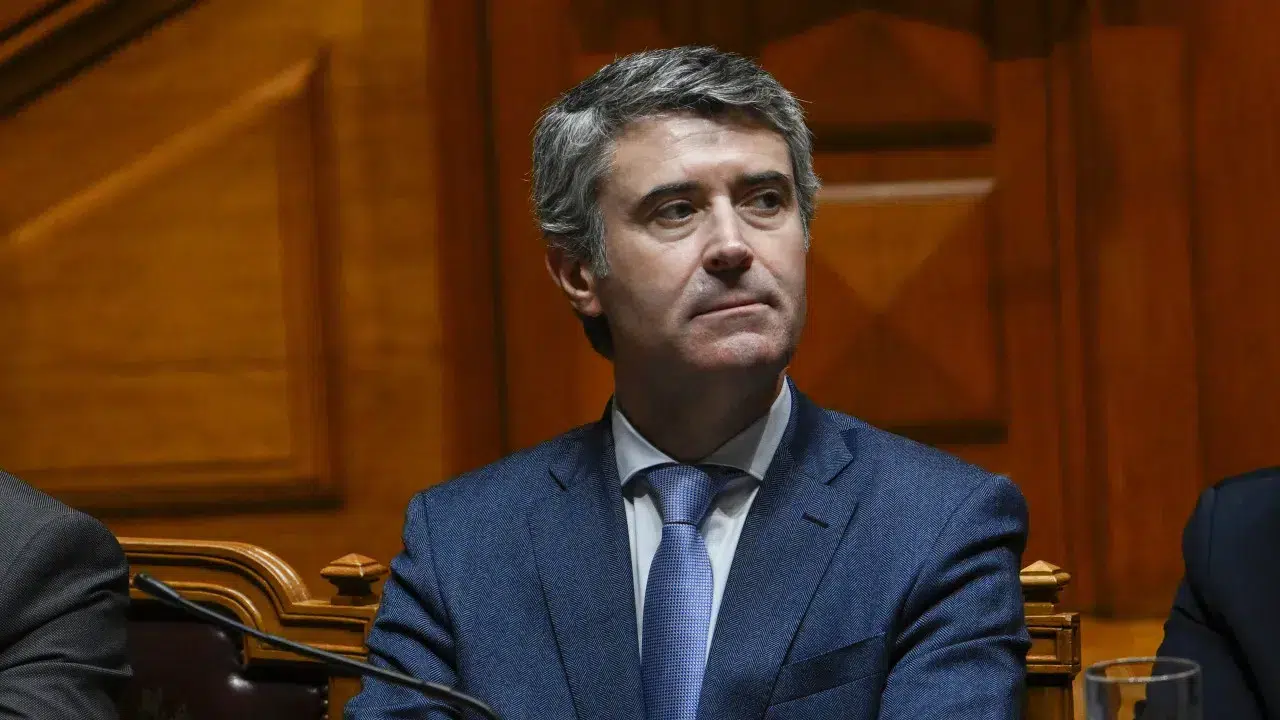
“We just had the State of the Nation debate a few days ago, and it was very clear the condition we are in, a country held together by strings (…),” stated Paulo Raimundo to journalists on the sidelines of an initiative of the Juventude Comunista Portuguesa in Amora (Seixal municipality).
When asked if he would address the immigration law, Raimundo said it would be one of several topics, highlighting healthcare and recalling the closed emergency departments.
“Today, there are seven closed emergencies, and the first thing the Government decided to do, at the first opportunity it had, was to advance with the nationality law,” said the leader of the Partido Comunista Português (PCP), who believes the “country’s priority is far from that.”
Regarding the creation of the Hospital Emergency Coordination Unit, which the Government (PSD/CDS-PP) announced would proceed using an idea from the PS, Raimundo noted it might be important but claimed structural measures are lacking, continuing the “dismantling process of the National Health Service.”
“The problem isn’t coordination; the problem is the lack of doctors, nurses, and technicians,” he emphasized.
Raimundo also criticized processes like the sale of Novo Banco, believing they are often used to entertain and distract from essential issues.
“The country lost 6.3 billion [with Novo Banco]. Everyone is concerned about the 3 billion euros of public money that went to TAP, and no one talks about the 6.3 billion euros the country lost due to this fraud of the sale of BES/Novo Banco,” he said.
The PCP has criticized the sale of Novo Banco (currently majority-owned by the U.S. fund Lone Star) to the French banking group BPCE, viewing it as an “ongoing crime” and asserting that every Portuguese taxpayer paid for the bank.
The communist leader attended a Juventude Comunista Portuguesa (JCP) meeting at the Sociedade Filarmónica Operária Amorense, gathering between 150 to 200 young people from various parts of the country, the organization told Lusa.
During the interventions, many young people expressed their views on the world and the issues they face.
One young participant noted the difficulty in organizing a General Students Meeting at school, claiming authorities attempt to obstruct a “democratic and quality public school.” Another mentioned the “shock of transitioning from university life to work” and feeling “trapped in a system,” while a young unionist claimed the bank he works for prevents union meetings. One of the last interventions supported the communist stance on war and peace, stating, “the vast majority of young people do not want war, they want peace.”
At the end of the meeting, Raimundo addressed the young attendees, suggesting the leaders of the current political and economic system aim to create hopelessness to keep people and youths apathetic and emphasized the importance of mobilization to counter this.
“I am appalled that we live in societies where it is useful to prevent young people from organizing; this is dismantling a proactive, participatory, and constructive society. Today those who prevent student organizations are the same who will prevent unions tomorrow. They want apathetic individuals, numbers, but here there are no numbers, only determined young people,” stated the PCP leader.




